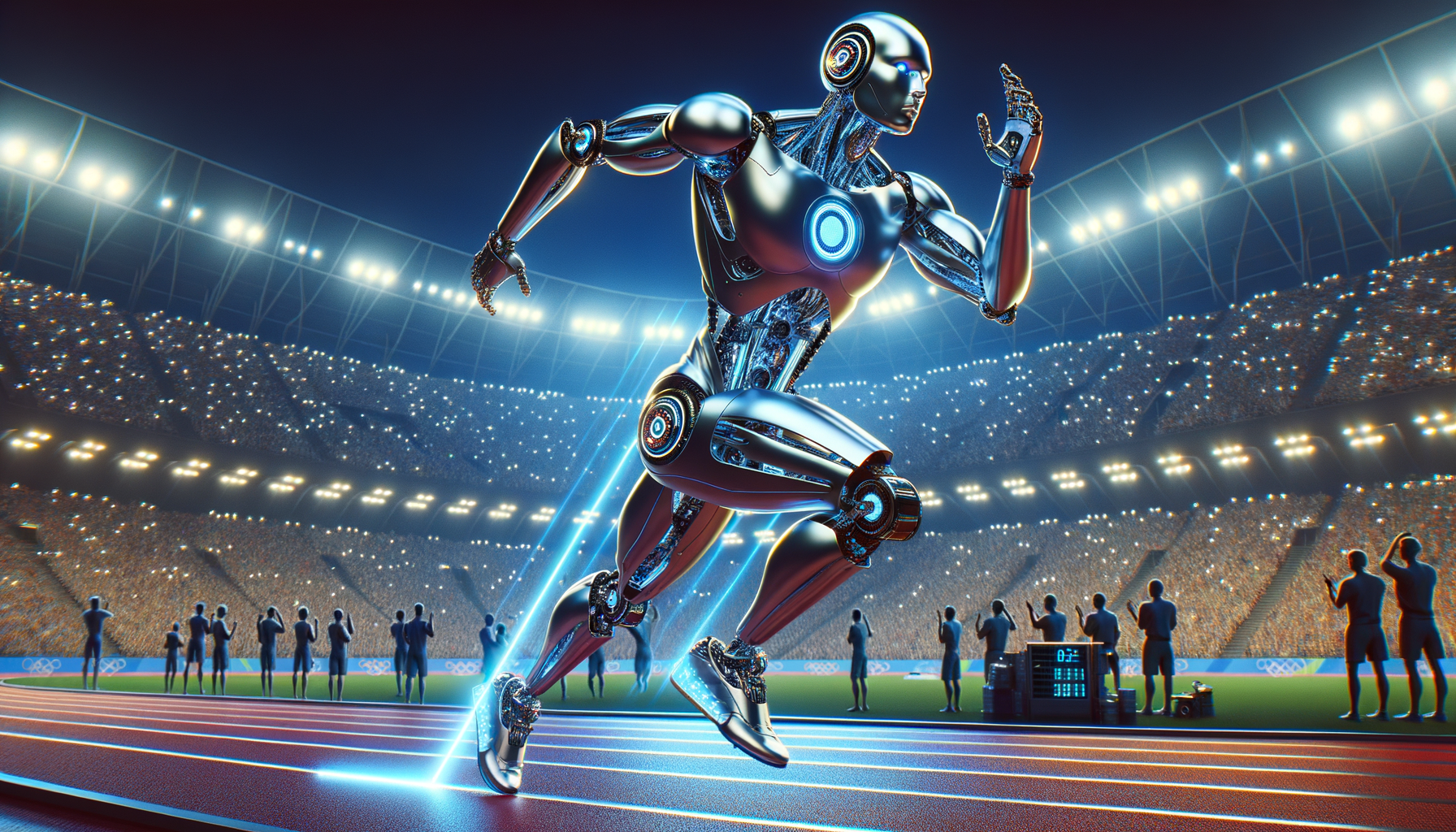
The Paris 2024 Olympic Games marked a historic moment for the athletes and for the integration of cutting-edge technologies, especially artificial intelligence (AI). These Games showcased how AI can transform various aspects of sports, from athlete performance to enhancing the fan experience and streamlining event management.
AI's Role in Athlete Preparation
AI played a pivotal role in helping athletes achieve their best performances during the 2024 Olympics. Leading up to the event, athletes and their teams used AI-driven tools to refine their training and preparation. By analyzing vast amounts of data from wearables and other performance-tracking devices, AI provided athletes with tailored insights into their strengths and weaknesses.
For example, machine learning algorithms were used to optimize techniques in sports such as track and field, swimming, and gymnastics. AI could detect even the smallest inefficiencies in movement and provide real-time feedback, allowing athletes to fine-tune their performance ahead of the Games. This contributed to some of the remarkable world records and personal bests we witnessed in Paris.
AI Enhancing the Fan Experience
One of the most impressive aspects of the Paris 2024 Olympics was how AI-enhanced the fan experience, both for those in attendance and for viewers worldwide. AI-powered platforms offered personalized viewing experiences, allowing fans to follow their favorite athletes, events, and sports in real time. Instead of traditional broadcasting, fans could customize their viewing experience based on preferences, ensuring they never missed key moments.
AI also powered chatbots and virtual assistants that helped spectators navigate event venues, find transport options, and access real-time updates on event schedules. This improved the overall fan experience, making it easier for attendees to enjoy the games without the stress of logistical challenges.
Moreover, for remote viewers, AI-enabled platforms analyzed data and user preferences to recommend specific events or athletes to follow. This feature was particularly popular with casual viewers, who could discover new sports or athletes based on their interests.
AI Streamlining Event Management
Behind the scenes, AI played a crucial role in the smooth operation of the Paris 2024 Olympics. With the large number of athletes, officials, and spectators, AI algorithms helped optimize logistics, manage crowd flow, and enhance security.
AI-powered surveillance systems, for instance, monitored public spaces for potential security threats, utilizing facial recognition technology and behavioral analysis to identify risks in real-time. Additionally, AI-assisted crowd control measures helped prevent bottlenecks in popular areas and ensured the smooth movement of people throughout the venues.
Logistics teams used AI to optimize transportation routes and manage resources efficiently, minimizing wait times and reducing environmental impacts. AI’s role in event management highlighted its potential to handle complex, large-scale operations with precision and accuracy.
Ethical Considerations
Despite the many benefits AI brought to the Paris 2024 Games, it also raised important ethical questions. The use of AI in monitoring crowds and athletes sparked debates about privacy and data protection. For instance, while facial recognition helped with security, it also raised concerns about the potential misuse of personal data.
Similarly, the use of AI in performance tracking led some to question whether it gave an unfair advantage to athletes with access to more advanced technology. This will likely continue to be a topic of discussion as AI becomes more integrated into elite sports.
Conclusion
The Paris 2024 Olympic Games were a showcase of not only human athleticism but also the potential of artificial intelligence in the world of sports. AI-enhanced training, personalized fan experiences, and streamlined event management were just the beginning of what is likely to be a deeper integration of technology in future sporting events. While the Games were a success in demonstrating AI’s capabilities, they also served as a reminder of the importance of addressing the ethical challenges that come with these advancements.
19.9.2024
